
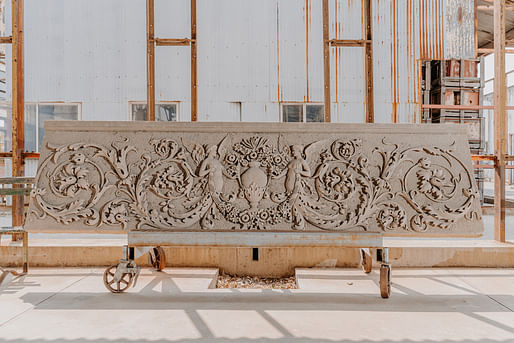
An up-close look at the architectural remains of some of the most famed designs the St. Louis metro area has lost to the ages will take over the city’s Pulitzer Arts Foundation this fall with the opening of Urban Archaeology: Lost Buildings of St. Louis on September 8th.
The exhibition is being organized by the Foundation's Stephanie Weissberg and Molly Moog in coordination with National Building Arts Center director Michael Allen. The curators say that by looking closely at the architectural remnants left in the wake of urban renewal’s yearslong churn, members of the public will be able to obtain a historical grasp and tactile knowledge of the city’s material past while considering questions about the role planners, preservationists, and architects have to play in securing its future.
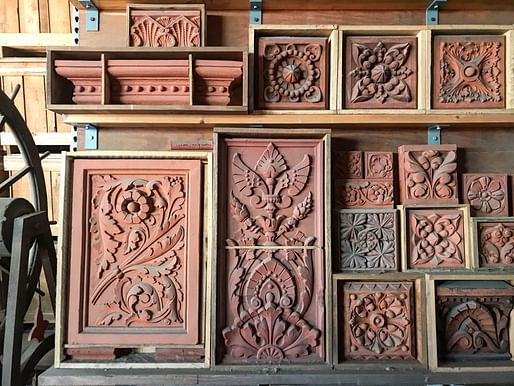
“Urbanists often cite St. Louis as a city that represents what has played out in other areas of the U.S.,” Weissberg explains. “If that’s so, and I think it is, this exhibition will contribute to a deeper understanding of the social and economic forces that have shaped our American cities.”
The centerpiece of the exhibition is shown in the main level’s Cube Gallery, where a few remaining segments of the former facade of the famed Rivoli Theater welcome visitors into a space remade to look like exactly as its downtown frontage appeared in the Depression Era.

The museum shares: “The Pulitzer will intentionally break this spell by removing one of the panels and setting it aside. Presenting the facade in a dismantled state invites consideration of what happens when building fragments are removed from their architectural context and displayed in a museum. The questions of what salvage is, what it can tell us, and what it cannot, commence here.”
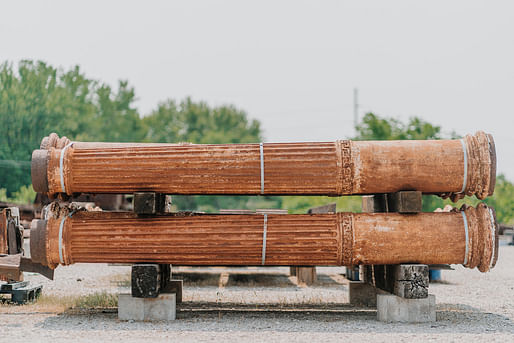
The exhibition continues in the Lower South Gallery with a look at the influence of the city's many brickworks and skilled craftsmen, followed by an examination into the high-minded civic virtues of ornate pre-modern structures in a ten-block area of downtown in the East Gallery.
A look at vacant lots and urban decay takes hold in the adjacent West Gallery, complete with examples of salvaged cast iron loggia columns from the 1860 Clemens House that itself carries additional references to slavery, the waves of immigration into the city, failures of preservation groups, and costs of economic shifts and social change.
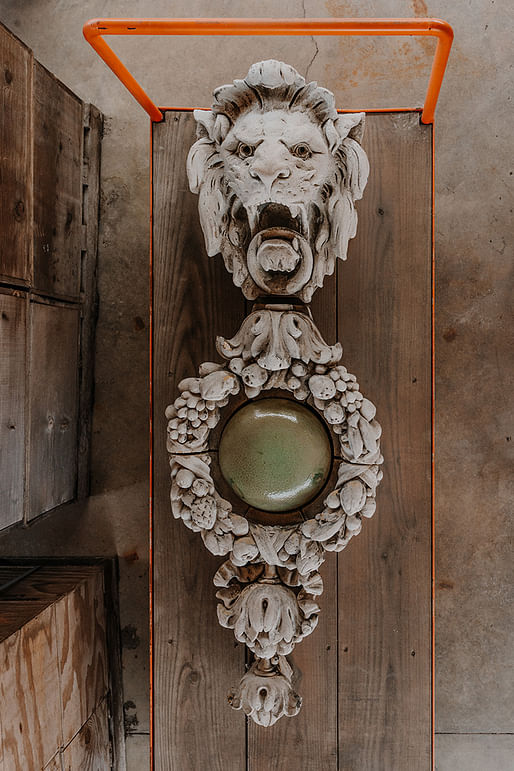
An audio guide featuring oral histories from St. Louis residents compliments the exhibition, which culminates in a short documentary juxtaposing the histories of two neighborhoods – Jeff-Vander-Lou and Soulard – that have both been able to avoid being purloined by outside interests thanks to the hard work of dedicated community activists and grassroots organizers like Macler Shephard.
Another column from the Clemens House is installed in the Courtyard opposite Richard Serra's monumental Joe sculpture from 1999 to complete the exhibition. Urban Archaeology: Lost Buildings of St. Louis will remain on view until February 4th of next year. Read more about the exhibition here.
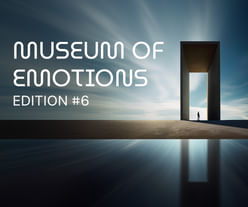
Museum of Emotions / Edition #6
Register by Thu, Jan 23, 2025
Submit by Tue, Apr 29, 2025

100,000 € Prize / Buildner's Unbuilt Award 2025
Register by Thu, Oct 30, 2025
Submit by Thu, Nov 20, 2025

MICROHOME Kingspan 2024/25
Register by Thu, Feb 13, 2025
Submit by Tue, Mar 18, 2025
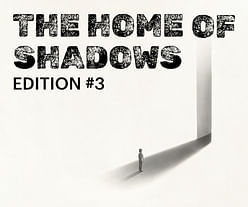
The Home of Shadows / Edition #3
Register by Wed, Jan 29, 2025
Submit by Mon, Mar 3, 2025
1 Comment
Hard to believe anyone ever thought these ornaments where inappropriate for a building's facade.